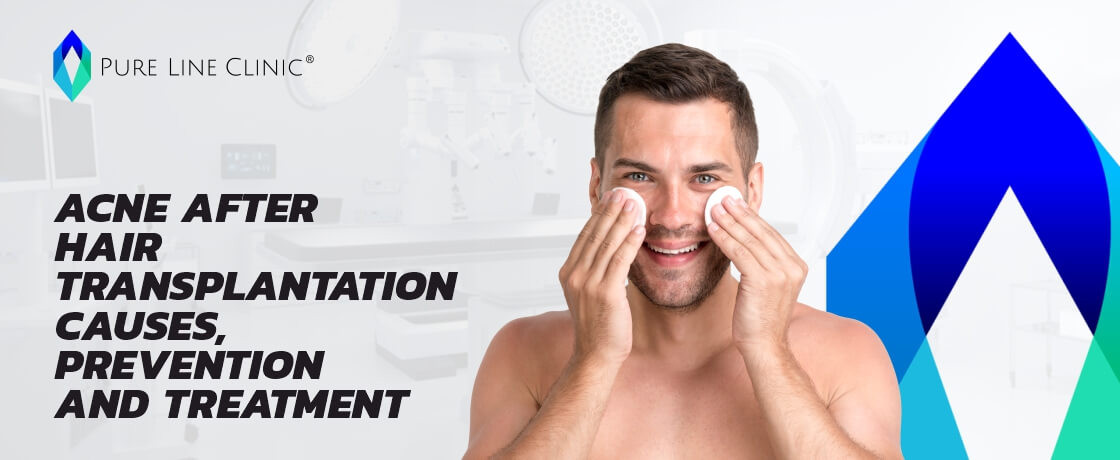
Acne After Hair Tranplantation Causes,Prevention and Treatment
At Pure Line Clinic ® in Turkey, we strive to provide our clients with the highest quality hair transplantation services and comprehensive post-operative care. One common concern among hair transplant recipients is the development of acne after the procedure. In this in-depth article, we will explore the reasons behind acne formation after hair transplantation, along with preventative measures and treatment options to ensure the best possible outcome for your hair restoration journey.
Why Does Acne Occur After Hair Transplantation?
Acne is a skin condition characterized by the occurrence of pimples, blackheads, whiteheads, and cysts, typically on the face, neck, and scalp. It occurs when hair follicles become clogged with oil and dead skin cells, leading to inflammation and, in some cases, infection.
How to Prevent Acne After Hair Transplantation?
Acne can develop after a hair transplant due to several factors, including:
- Folliculitis: Folliculitis is the inflammation of hair follicles, often caused by bacteria, yeast, or fungal infections. After a hair transplant, the recipient area is more susceptible to folliculitis due to the introduction of new hair follicles and the healing process.
- Excess Sebum Production: The healing process after a hair transplant can lead to increased sebum (oil) production in the scalp, creating an environment conducive to acne development.
- Inadequate Post-Operative Care: Failing to follow the recommended post-operative care guidelines, such as not keeping the scalp clean or using inappropriate hair care products, can increase the risk of acne formation after a hair transplant.
When to Seek Professional Help for Acne After Hair Transplantation?
Preventing acne after a hair transplant involves a combination of proper post-operative care and lifestyle changes. Here are some tips for preventing acne after your hair transplant:
- Follow your surgeon’s post-operative care instructions closely, which may include guidelines for washing your hair, applying medications, and avoiding certain activities.
- Use a gentle, fragrance-free shampoo to cleanse your scalp during the recovery period, as harsh chemicals can irritate the skin and contribute to acne formation.
- Avoid touching or scratching the recipient area, as this can introduce bacteria and increase the risk of infection.
- Practice good overall hygiene by keeping your hair and scalp clean, washing your pillowcases and bedsheets regularly, and avoiding hats or head coverings that can trap bacteria and sweat.
- Maintain a balanced diet and stay hydrated, as a healthy lifestyle can support your skin’s overall health and reduce the likelihood of acne development.
How to Treat Acne After Hair Transplantation?
If you do develop acne after your hair transplant, it’s essential to address the issue promptly to minimize its impact on your hair restoration results. Here are some tips for treating acne after a hair transplant:
- Consult with your surgeon, who may recommend over-the-counter or prescription acne medications, such as benzoyl peroxide or topical antibiotics.
- Apply a warm compress to the affected area for 10-15 minutes several times a day to reduce inflammation and promote healing.
- Avoid picking or squeezing pimples, as this can worsen inflammation, increase the risk of infection, and potentially damage the transplanted hair follicles. If the pimples are getting bigger, sore and swollen after hair transplantation, the examination inside should be emptied. Contagious acne after hair transplantation should never be tried to be popped at home. This procedure can only be done by the doctor using a clean needle.
- Monitor your scalp for any signs of infection, such as increased redness, swelling, or pus discharge, and contact your surgeon if you suspect an infection is present.
Long-term Implications of Acne After Hair Transplantation
While mild acne after a hair transplant can often be managed with proper care and over-the-counter treatments, it’s essential to seek professional help if you experience any of the following:
- Severe or widespread acne that does not respond to at-home treatments
- Signs of infection, such as increased redness, swelling, warmth, or pus discharge from the affected area
- Persistent or worsening acne despite following your surgeon’s post-operative care instructions
- Acne that is causing significant pain, discomfort, or emotional distress
In these cases, it’s crucial to consult with your hair transplant surgeon or a dermatologist, who can evaluate your condition and recommend the most appropriate treatment options.
Conclusion
Acne after hair transplantation is a relatively common concern but can be effectively prevented and managed with proper care and guidance from your hair transplant surgeon. At Pure Line Clinic ® in Turkey, we are dedicated to providing our clients with exceptional care throughout their hair restoration journey, ensuring they achieve the best possible results. If you’re considering a hair transplant or have further questions about the procedure and post-operative care, contact us today to schedule a consultation with our team of skilled hair transplant specialists.

What is Regenera Activa Treatment?
Regenera Activa is an innovative, non-surgical hair restoration treatment that employs autologous micrografts to stimulate follicular regeneration and combat hair loss effectively.
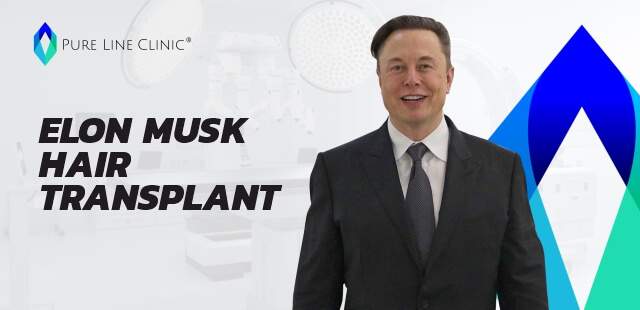
Elon Musk Hair Transplant
Elon Musk is regarded as one of the most successful businessmen in history. He’s responsible for a slew of outstanding projects, including Tesla, Inc. and the ground-breaking SpaceX project.

Drew Brees Hair Transplant
Drew Brees’ new hairline seems to indicate that he may have had a hair transplant, but he hasn’t made a statement about it.
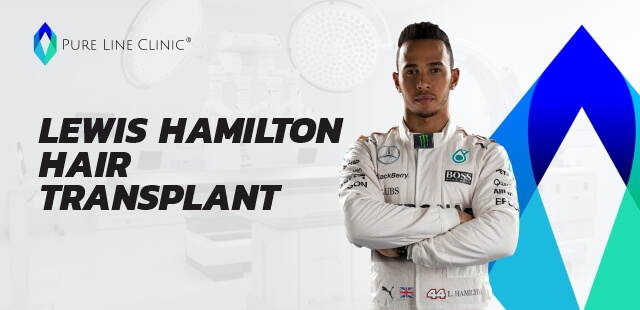
Lewis Hamilton Hair Transplant
Lewis Hamilton, the Formula One racing driver, has been photographed with a distinctive new style, leading rumors that he may have had a hair transplant.

Gordon Ramsay Hair Transplant
Gordon Ramsay is well-known throughout the world for the delectable food he prepares and serves on cookery programs.When Gordon Ramsay noticed his hair was thinning in the front and falling out, he made the decision to have hair transplantation.

FUE Hair Transplant Planning and Expectations
Setting realistic expectations is beneficial for all surgeries. Knowing what to expect after FUE hair transplants will be extremely beneficial.
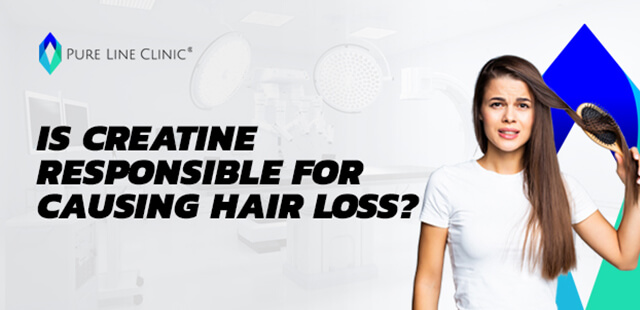
Is Creatine Responsible for Causing Hair Loss ?
Creatine is utilized in hair strengthening treatments. But, does taking creatine make you lose your hair?
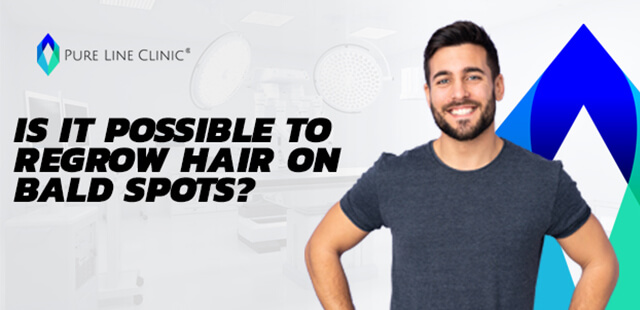
Is It Possible to Regrow Hair on Bald Spots?
Have you recently spotted a bald spot on your head? Are you concerned that the spot will develop and cause you to go bald? Do you try to hide it with a typical comb-over? Do you want to know how to recover hair on a bald head?
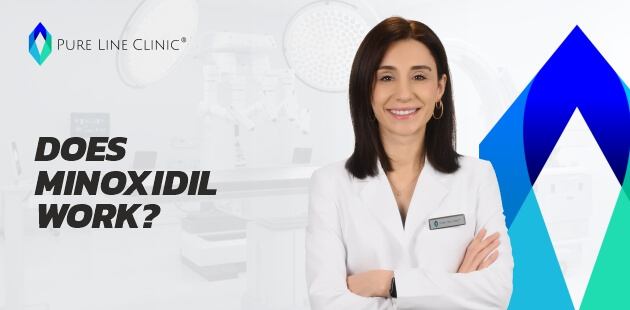
Does Minoxidil Work?
Minoxidil is readily absorbed and begins to operate almost immediately to enhance blood circulation in your scalp and speed up your natural hair growth cycle.
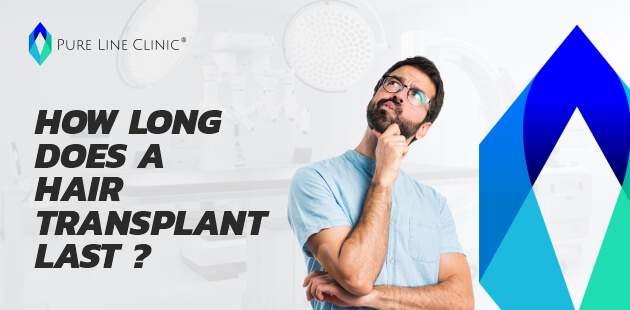
How Long Does a Hair Transplant Last?
It is important to get your hair transplant performed by a qualified and reputable hair transplant specialist if you want it to last a lifetime.

FUE vs FUT, Which is Better Hair Transplant Method ?
FUE Hair Transplant method, which has increased its popularity recently, is the most used hair transplant method in Turkey. Both methods have different advantages.
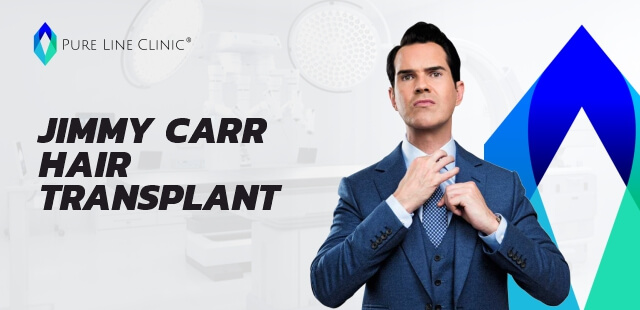
Jimmy Carr Hair Transplant
Jimmy Carr is a British comedian, writer, actor, and television host. Jimmy Carr chose to have a hair transplant on lockdown days.

Shock Hair Loss After Hair Transplant
Shock hair loss occurs between the second and eighth weeks after a hair transplant surgery. At the point when your new hair enters a resting stage, the hair is shed.

Andros Townsend Hair Transplant
The procedure was a huge success if the rumor of Andros Townsend’s hair transplant is accurate. His hair is significantly thicker, stronger, and healthier.
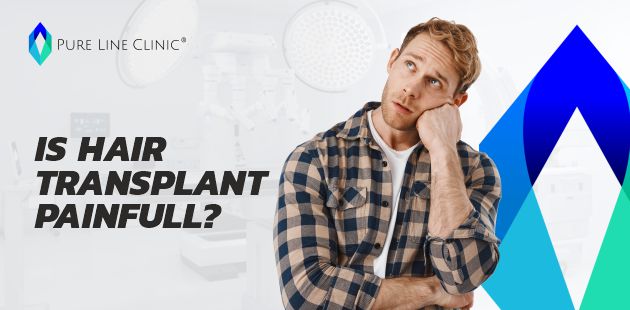
Is Hair Transplant Painful?
Hair restoration surgery is a surgical treatment. Consequently, you would anticipate some degree of pain during the operation. Nonetheless, the unique Puresoft ® system makes even the most contemporary procedures painless.